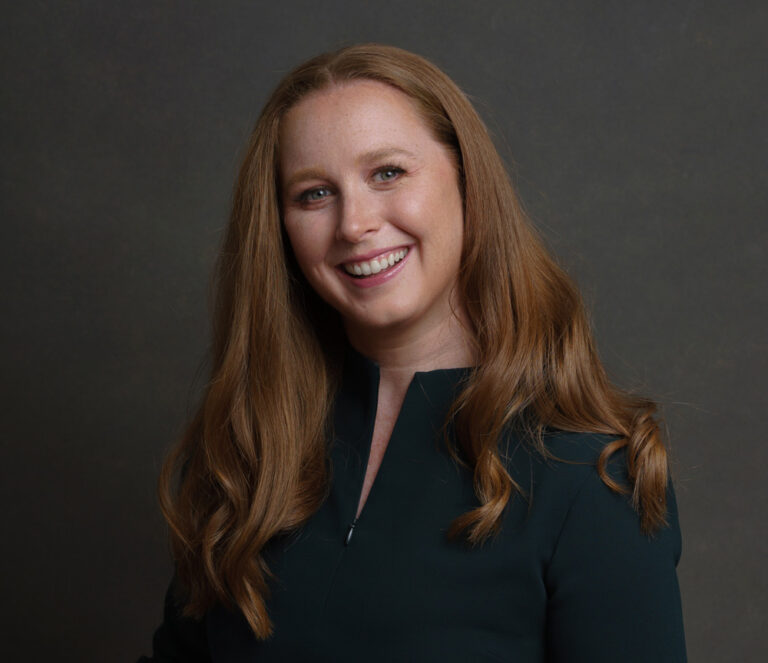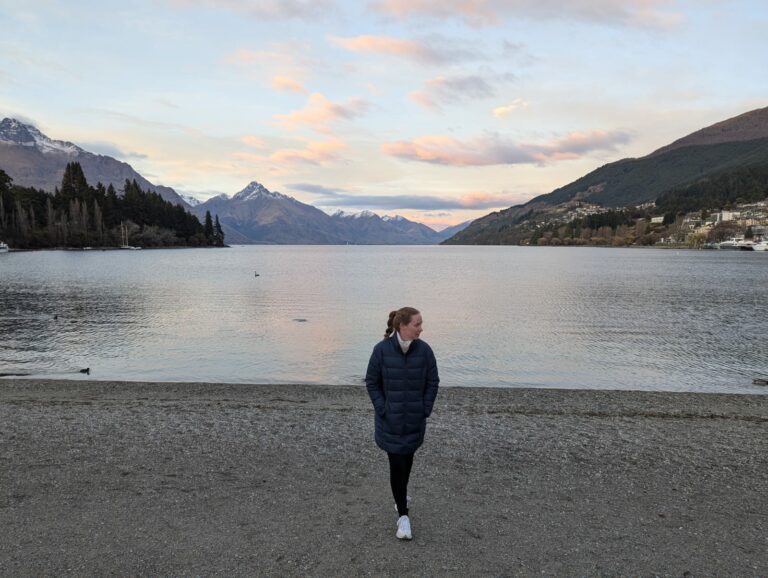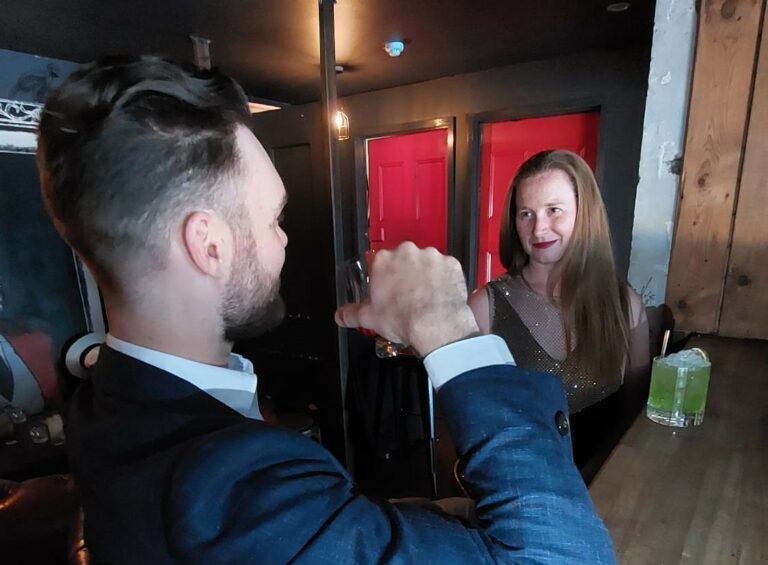Cancer is an asshole with a pretty decent blast radius. The shockwaves travel far and wide, with varying impacts on your family, friends, colleagues, third cousin removed, you get my drift. How we navigate our cancer journey is a very personal choice, and for me, it was best played as a team sport. The support I received was priceless and made my life bearable during a very dark time. I think that no matter your own life experience, it can still feel difficult to navigate how to provide support to someone you care about. It’s common to question whether you’re saying the right things, asking the right questions, doing too much or too little. I’m a big believer that information and communication can have a profound impact on improving people’s lives. In that vein, I also feel it’s important to share not only the perspective of the person diagnosed, but also that of their support crew.
I can guarantee, that even though you might think you’re only playing wing-defence on someone’s team (here if you need), you’re likely to be one of the many MVP’s in their court.
On a recent trip home, I took the opportunity to sit down with my mum and sister to talk about their experience. I hoped to learn about some of the less obvious and perhaps more difficult to discuss feelings. I was surprised (perhaps I shouldn’t have been) to hear similarities to mine, through their own lens. I’m appreciative of the strength and vulnerability they showed in sharing their story, including their honesty around feelings that have the potential to invite criticism. I hope their bravery resonates with readers and provides them with some comfort on their own journey.
Sitting on the lounge room floor of my mum’s apartment I tested the recording app on my phone. A box of tissues sat at the ready, next to a bowl filled with chocolate left over from Easter. To provide some context, they live interstate, but we speak multiple times every week and have a close bond. We share familial similarities but are very different women. I wear my heart on my sleeve and am an open book when it comes to sharing what I’m going through. My mum takes things in, preferring to process them in her own time. My sister also tends to process her feelings internally but will talk through things once she feels she has a handle on it. Hitting record, I asked my family to revisit their pain.
Cancer often has the audacity to come along when life is already giving you lemons. It doesn’t wait for a time when things are running smoothly to rear its ugly head. At the time I was diagnosed, my mum was navigating the breakdown of her marriage to my dad. The circumstances were complicated (as they often are), with substance abuse and mental health issues present. Opening the conversation, I talked about my memory loss and asked what she recalled of this time in our lives. I was surprised to learn that my mum also struggles to recall a lot of what happened. Her cup was already overflowing and on learning of my diagnosis, the feelings were compartmentalised and solution mode activated. After telling my mum the bad news, she traveled north to be my eyes, ears and shoulder to rest my head. She was by my side during the initial doctors visits, diagnosis and bringing together the action plan when I thought that having a baby was still on the cards. She then returned home, remaining in regular contact.
My sister was 24 at the time, studying at uni and working to support herself. As we talked through this time in our lives she made use of the tissues, swiftly followed by me. She recalled the feelings of being unable to travel to be by my side and being so far away.
She was surprised that the kernels of guilt remained. I was saddened to hear she felt this way. At no time did I feel like she hadn’t supported me or hoped that she had done more.
I retreated from the world at large during this time and appreciated that when I called, she answered and listened. That’s all I needed. My sister continued, bravely sharing that at the time, she struggled to empathise with the grief I was experiencing regarding my fertility loss. From her perspective she just wanted me to live, who cares about the rest, so long as she still has me. I hadn’t previously considered this perspective. Losing the ability to have my own child was earth shatteringly painful, and comparatively more so than having cancer itself. I’m deeply grateful she was vulnerable enough to share this. I get it and can only imagine it’s not an uncommon thought.
It was approximately 10 months from diagnosis to my last surgery. Then came the 3 months in between when you wait for the ‘all clear’. By the way, it’s not like in the movies. The words used are much more ambiguous and for some they’ll never be fortunate enough to hear it. Being interstate, my sister longed for the call telling her it was all over. She just wanted to check out, for time to accelerate and know that I was going to be ok. She felt frustrated, ‘ I felt so guilty, but I just wanted you to call me when it was all over’. This aligned closely to my own experience. I often describe that I existed in what felt like a twilight zone. I turned up, did what I needed to do, but other than that I just existed, in limbo. I too just wanted to fast forward to the end and know that I was going to be ok.
Taking stock and my propensity for communication and sharing, I was surprised that we hadn’t had this conversation earlier.
Maybe we were all so relieved it was over that we just forged ahead and dealt with the next thing that life threw our way.
Personally, I struggled with feeling like I could only talk about my cancer and what I had been through for a period of time. Any longer and I worried people would think I was being self-centred or seeking sympathy. The truth is that it takes time for things to come up. Perhaps this is the same for my support team and others. On reflection, I think we could have come together earlier to discuss what we all experienced and healed as a family. They aren’t easy conversations to have and revisiting such a painful experience can feel unnatural. However, learning to hold space for those we care about and sit in discomfort with them can be important and healing.
Setting out to write this post, I had hoped to discover more of the unexpected and things that just aren’t discussed. In finishing the post I’ve landed elsewhere. I think this is just the start of the conversation from the perspective of the support crew and is a big part of why I created Lustre Me.




